In the wake of the recent NATO summit, European leaders have committed to a landmark pledge: raising defence spending to 5% of GDP. Hailed by its backers as a historic move, the agreement reflects a sharp shift in European threat perception, driven not only by Russia’s ongoing war in Ukraine but also by the renewed pressure from Washington under the return of the Trump presidency. The "Trump effect" has reignited long-standing fears over the reliability of U.S. security guarantees, pushing Europe to take on greater defence responsibilities.
But while the pledge signals a tougher European posture, it raises pressing concerns. Can Europe realistically meet such ambitious targets without undermining the very democratic model it seeks to defend? As defence budgets grow, many fear this could come at the cost of welfare, social cohesion, and democratic checks, exposing the continent to a deeper risk: the creeping militarisation of European politics and the erosion of its democratic dividend.
The Delayed Response
Europe’s strategic landscape has undergone a profound transformation over the past decade, driven by a growing awareness of external threats and an evolving transatlantic dynamic. While the initial spark of insecurity can be traced back to Russia’s annexation of Crimea in 2014 and further intensified by the full-scale invasion of Ukraine in 2022, European responses remained largely symbolic and underwhelming for years. Despite the gravity of these developments, many European nations continued to underinvest in defence, sheltering under the American security umbrella and perpetuating the “free rider” syndrome.
It was not until the re-election of Donald Trump in 2024 that Europe’s sense of urgency visibly sharpened. Trump’s open scepticism toward NATO and his demand that member states allocate 5% of their GDP to defence spending marked a turning point. This figure, significantly higher than NATO’s previous 2% target, redefined alliance commitments along starkly transactional lines. In response, European leaders began to reassess their strategic dependencies, recognizing that continued reliance on an increasingly unpredictable U.S. partner was untenable. This realization has catalysed a dual-track response: while attempting to reassure Washington by ramping up defence budgets, the EU is also striving for greater strategic autonomy.
This shift has not come without consequences. The move toward a more militarized European posture poses risks to diplomatic engagement and the broader architecture of arms control. “It is becoming a global trend not only in Europe that militarisation is taking the place of diplomacy”. The prioritization of military readiness over dialogue reflects a fundamental recalibration of strategic thinking, where deterrence is increasingly favoured over de-escalation.
Data from 2024 underscores the scale of this shift. European military expenditure surged by 17%, reaching $693 billion, including Russian spending making the continent the primary contributor to the global increase in defence budgets. This level of spending surpassed even the highest levels recorded at the end of the Cold War. In fact, every European country except Malta increased its military budget in 2024. Central and Western European states led the charge with ambitious procurement and modernization programs. Germany’s defence spending grew by 28% to $88.5 billion, making it not only the largest in Europe but the fourth highest globally. Poland’s military expenditure soared by 31% to $38.0 billion, equivalent to 4.2% of its GDP, a level unmatched in the region and reflective of acute threat perception, particularly regarding Russia.
Globally, only nine countries in 2023 spent 5% or more of their GDP on defence, a list dominated by nations at war, including Russia, Israel, and Lebanon. This context highlights the exceptional nature of Trump’s demand and Europe’s subsequent response. While militarization is undeniably a global phenomenon, Europe has emerged as its most prominent theatre. The continent’s swift pivot from strategic complacency to rearmament signals both a newfound awareness of its vulnerabilities and the geopolitical consequences of depending on an American alliance that no longer guarantees unconditional support.
Are They Capable?
As European governments rush to ramp up military budgets, questions are mounting over their actual capacity to deliver on these pledges. While the political momentum to increase defence spending, spurred by the Trump administration’s demands and ongoing global instability is clear, the economic realities across the continent paint a far more constrained picture.
Germany, long known for its fiscal conservatism and relatively low debt-to-GDP ratio (62.5%), took a historic step in 2025 by amending its constitution to lift the debt brake in order to finance increased military expenditure. This marked a profound shift in national priorities. Yet Germany stands as an exception. Across the rest of the continent, the fiscal situation is far less stable.
France, despite being one of the earliest advocates of increased military spending under President Emmanuel Macron, is struggling to sustain what he termed a “wartime budget.” By the end of 2024, the French budget deficit had climbed to approximately 6.0–6.1% of GDP, well beyond the EU’s 3% cap under the Stability and Growth Pact. The European Commission has already warned France of possible disciplinary measures. In response, the French government has introduced sweeping cuts: nearly €5 billion trimmed from spending, including €3 billion from the central budget and €1.7 billion euros from social security. Healthcare reimbursements are also being reduced, and government ministries face further austerity, raising concerns about the broader impact on France’s welfare state.
Italy finds itself in similarly dire straits. The IMF has repeatedly warned Rome about its unsustainable debt levels, which stood at 135% of GDP in 2023. Fiscal reform remains elusive, and any substantial increase in defence spending would likely come at the cost of essential public services.
The United Kingdom has not been spared either. The Conservative government fell in part due to mounting frustration over NHS waiting times. Although Labour Prime Minister Keir Starmer has so far maintained the NHS budget, the pressures of fiscal reprioritisation may eventually force cuts to health or social care, especially if military spending rises significantly.
Complicating matters further is the expectation among European citizens that governments will continue to invest heavily in healthcare, education, and pensions, particularly as ageing populations place ever-greater demands on social infrastructure. In high-income nations like Germany, there is growing public resistance to what policymakers are calling “reprioritisation”: the redirection of funds from social to military budgets.
Even if the political will exists to meet Trump’s 5% of GDP defence target, it is far from clear that such spending is sustainable, or even strategically coherent. Critics argue that these pledges may serve more to appease the U.S. than to address genuine security needs. Key questions remain unanswered: How much of the budget is dedicated to domestic military production, technological innovation, or strategic competition? Is the increased spending merely being channelled into arms purchases from the U.S., rather than building autonomous capabilities? Doubts are compounded by lack of internal cohesion. For instance, ahead of the 2024 NATO summit, Spain refused to endorse a joint commitment to increased military spending, exposing fault lines within the alliance.
The Democratic Dividend
The militarisation of European politics, driven by mounting security concerns, poses a growing threat to democratic governance across the continent. While European leaders have historically emphasised the importance of protecting democratic institutions, the “democratic dividend,” recent developments suggest that this foundational value is being compromised in the name of security and defence.
The heightened focus on existential threats, such as the war in Ukraine and the pressures of transatlantic defence obligations, has reoriented European policymaking toward securitisation. This shift manifests in two primary ways. First, increased military spending often comes at the expense of welfare services, exacerbating public dissatisfaction. Governments are under pressure to reprioritise budgets, redirecting funds from health, education, and social protection toward defence. This dynamic is especially problematic in countries already grappling with fiscal constraints. France, for example, has implemented severe spending cuts to address its ballooning deficit, with reductions targeting social security and healthcare, even as military commitments remain in place. In the United Kingdom, similar pressures have strained the NHS, contributing to public frustration and political upheaval. These risks increased population dissatisfaction and an overall institutional mistrust.
Second, the securitisation of policymaking risks undermining democratic oversight and enabling executive overreach. The European Commission, together with private industry, is increasingly central to shaping the EU’s defence technological and industrial strategy, with limited input from elected bodies. Instruments such as the proposed European Military Sales Mechanism, though still in development, reflect a growing tendency to model defence frameworks on the U.S. approach, where transparency and parliamentary scrutiny are often minimal. Human rights concerns are increasingly overlooked, with some member states willing to partner with questionable regimes to bolster arms cooperation and preserve their domestic industries.
This security-first mindset also affects how challenges such as disinformation and migration are framed. Once treated as policy issues open to public debate, they are now frequently cast as national security threats, justifying tighter controls and shrinking the space for dissent. The result is a policymaking environment that prioritises rapid executive action over democratic deliberation.
Public trust in democracy is already eroding across the continent. A 2024 Pew Research survey revealed that nearly 80% of Greeks and 60% of Britons are dissatisfied with how democracy is functioning in their countries. In places like Germany and the Netherlands, dissatisfaction is rising, even if still outweighed by overall support. This disillusionment is fuelling support for anti-establishment and far-right movements.
The path Europe is now charting, one that favours militarisation and securitization, may offer short-term security reassurances. However, it comes at the potential cost of its long-cherished democratic model. If current trends continue unchecked, the continent risks sacrificing its democratic dividend for the sake of perceived stability.
References
Carnegie Europe. “Securitization and European Democracy Policy.” Carnegie Endowment for International Peace, April 2024. https://carnegieendowment.org/research/2024/04/securitization-and-european-democracy-policy?lang=en¢er=europe
France’s Credit Ratings. Agence France Trésor, accessed July 9, 2025. https://www.aft.gouv.fr/en/frances-credit-ratings
International Monetary Fund (IMF). “IMF Warns Italy on High Public Debt, Urges Swift Fiscal Reforms.” Euronews, May 21, 2024. https://www.euronews.com/business/2024/05/21/imf-warns-italy-on-high-public-debt-urges-swift-fiscal-reforms#:~:text=The%20IMF%20forecasts%20that%20Italy’s,end%20of%20the%20forecasted%20period
NATO’s New Spending Target: Challenges and Risks Associated with the Political Signal. Stockholm International Peace Research Institute (SIPRI), 2025. https://www.sipri.org/commentary/essay/2025/natos-new-spending-target-challenges-and-risks-associated-political-signal
North Atlantic Treaty Organization (NATO). “Defence Expenditure of NATO Countries (2014–2024).” June 17, 2024. https://www.nato.int/nato_static_fl2014/assets/pdf/2024/6/pdf/240617-def-exp-2024-en.pdf
Stockholm International Peace Research Institute (SIPRI). “Unprecedented Rise in Global Military Expenditure: European and Middle East Spending Surges.” Press release, 2025. https://www.sipri.org/media/press-release/2025/unprecedented-rise-global-military-expenditure-european-and-middle-east-spending-surges
What’s Wrong with Democracy in Europe? The Economist, April 24, 2025. https://www.economist.com/graphic-detail/2025/04/24/whats-wrong-with-democracy-in-europe.





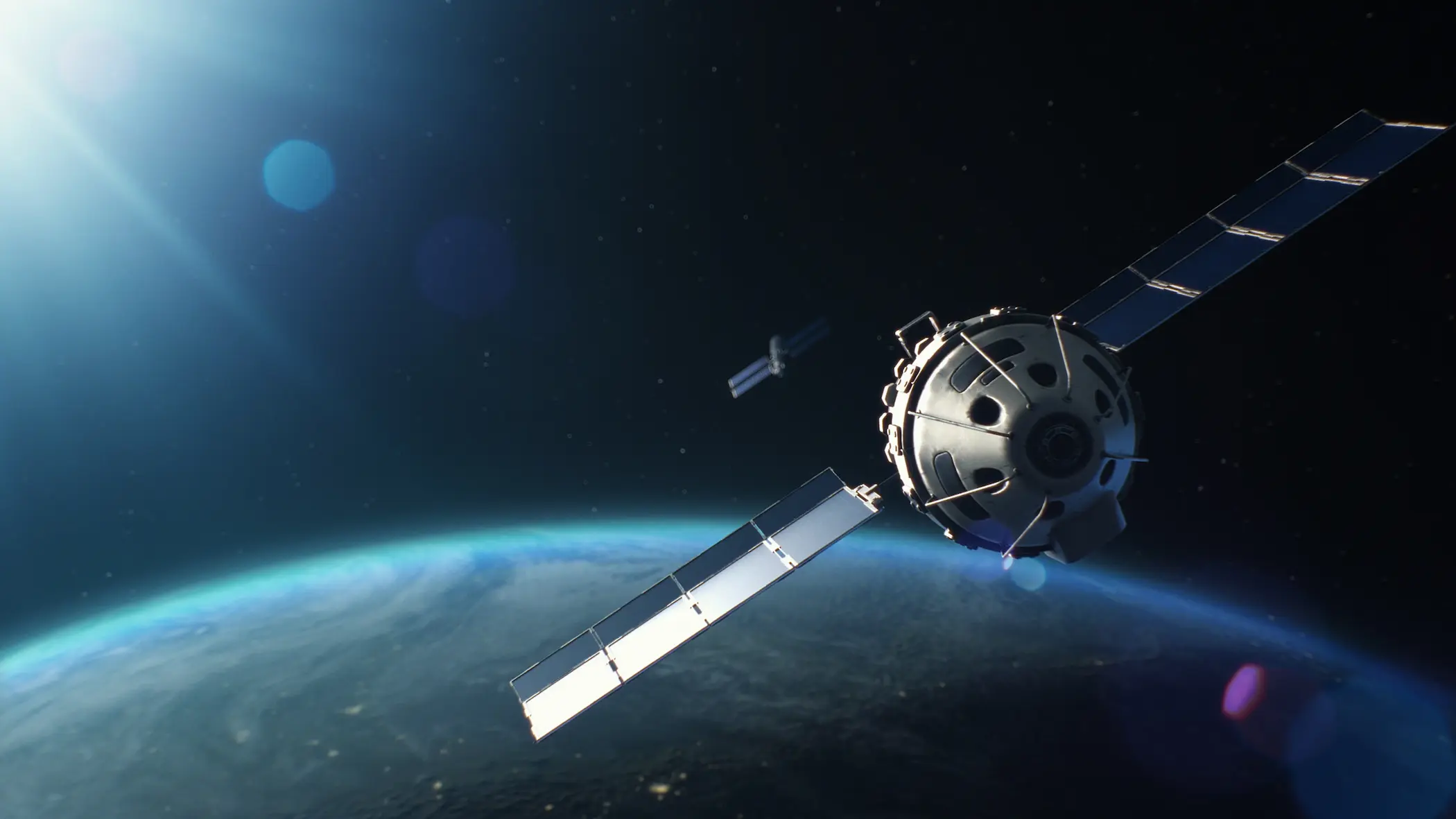



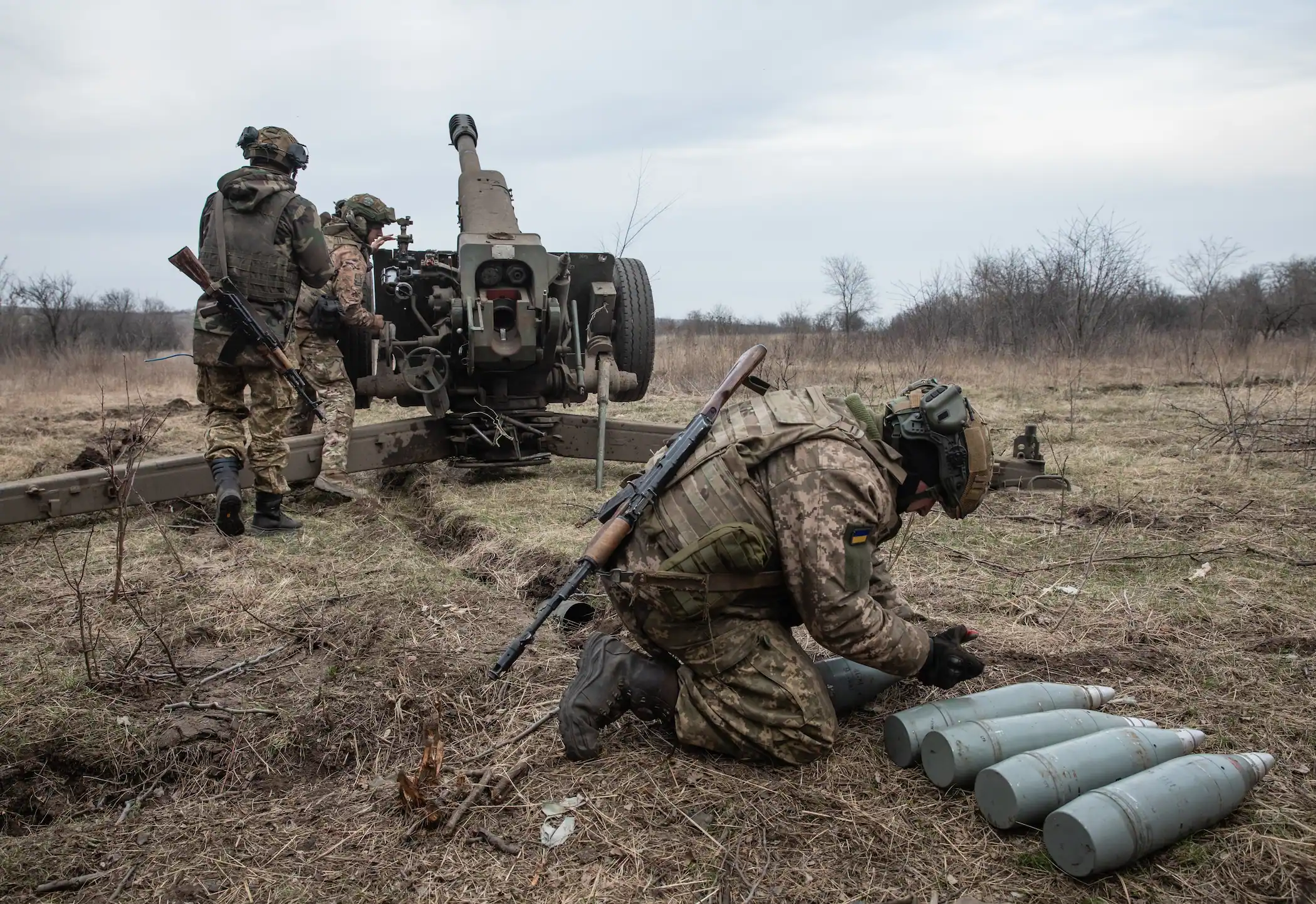


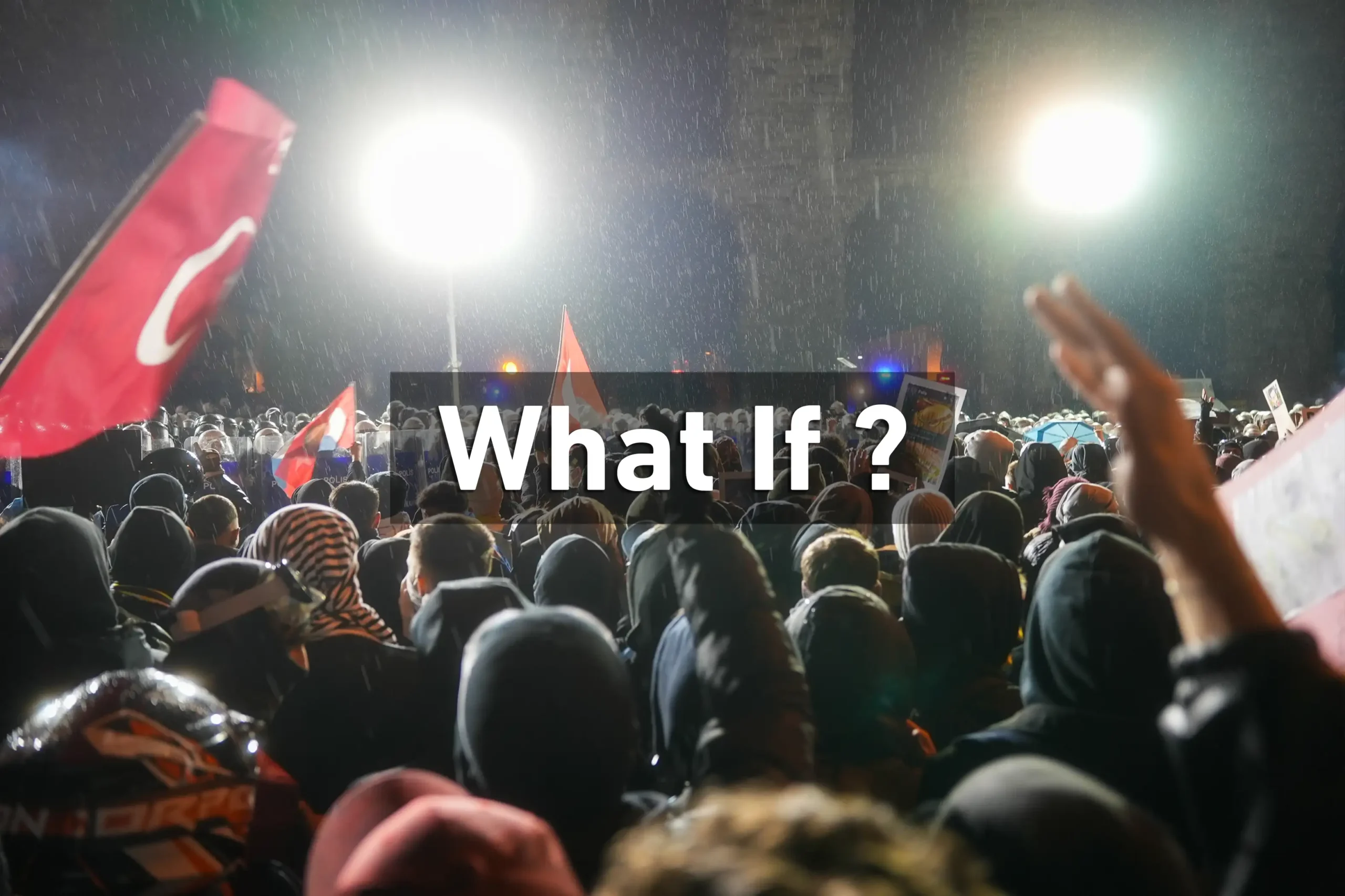







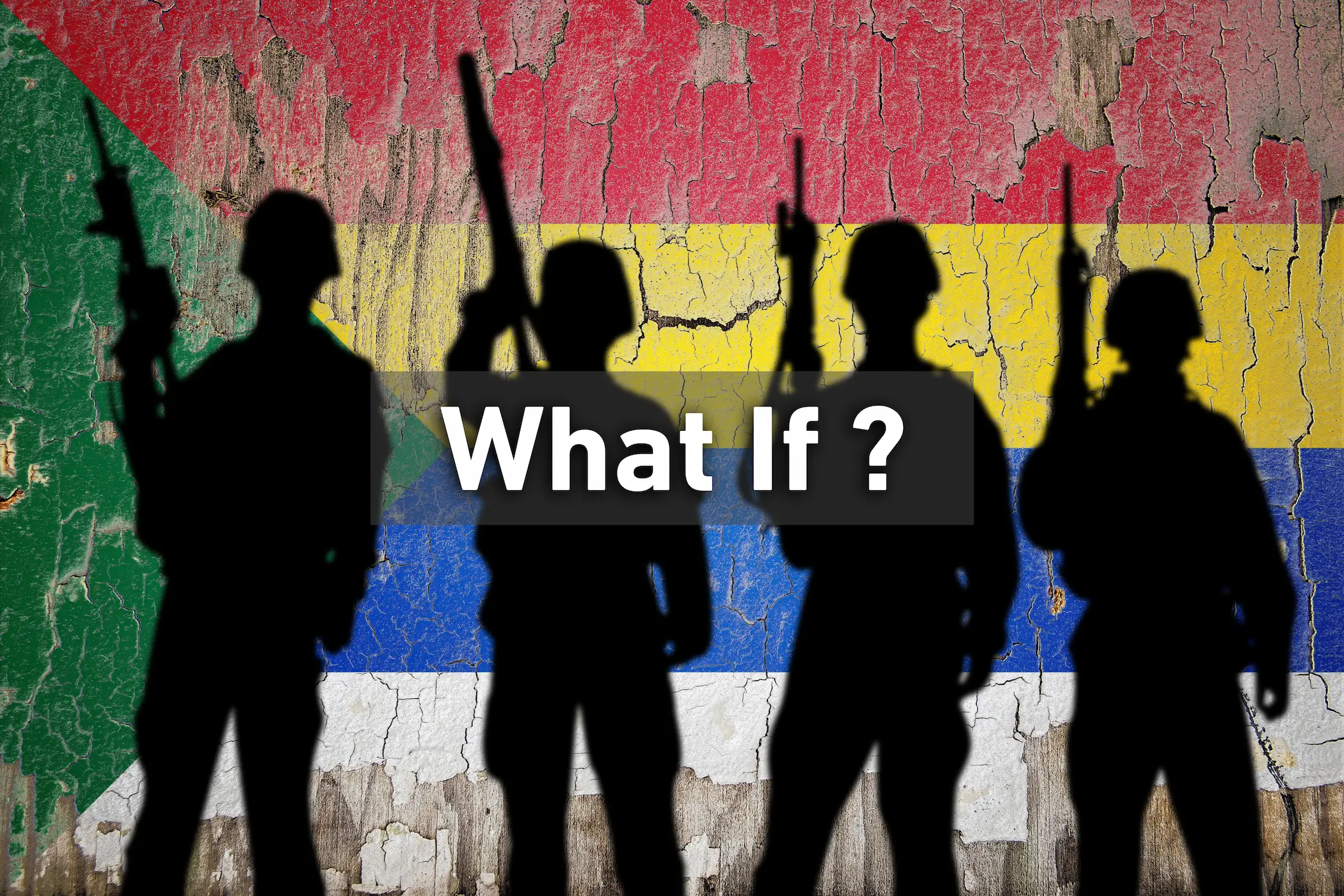
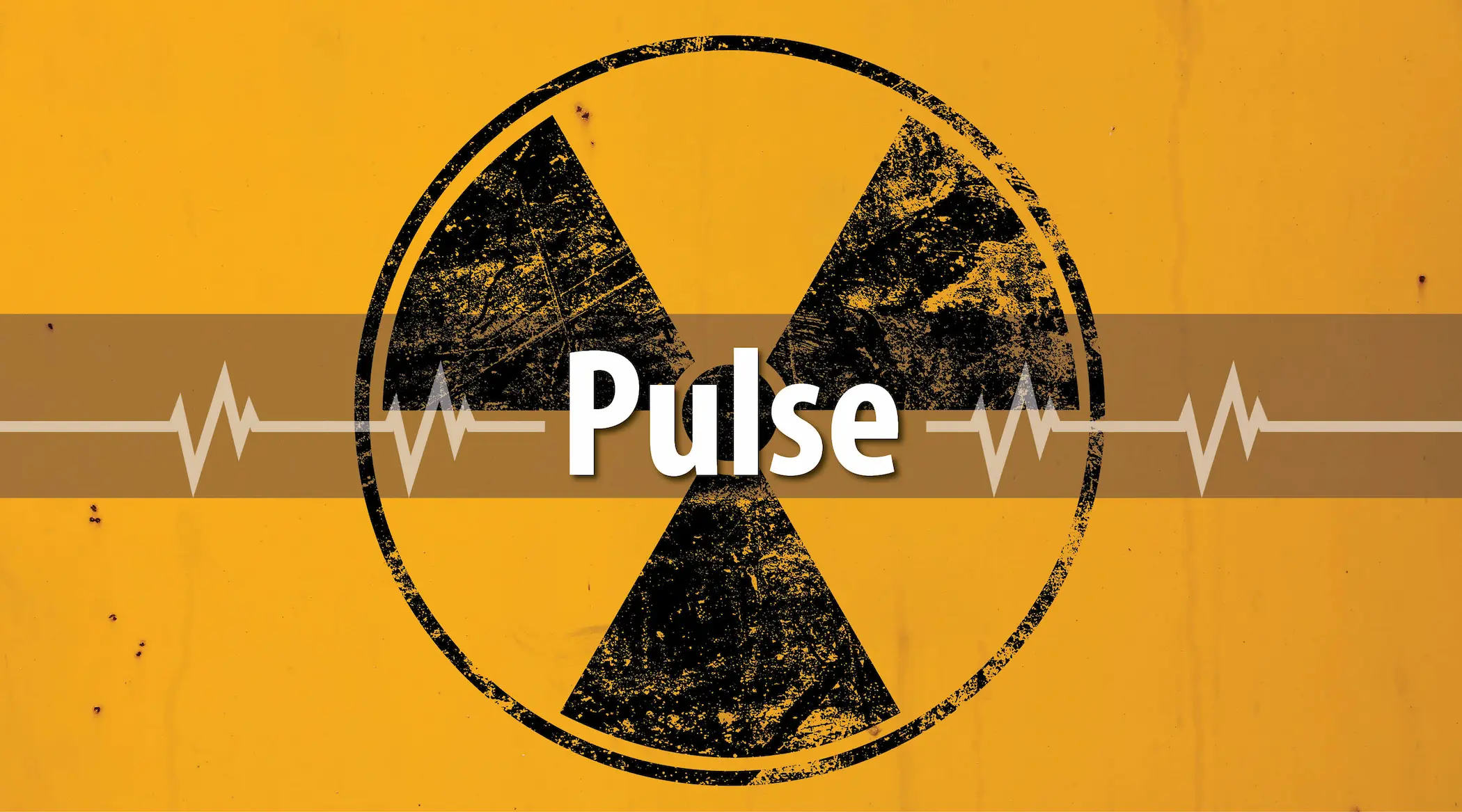
Comments